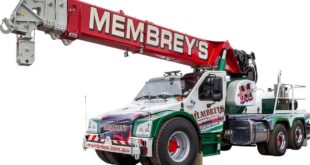In the dynamic world of construction, where safety, precision, and efficiency are paramount, the importance of well-trained and skilled workers cannot be overstated. From towering skyscrapers to intricate architectural marvels, the construction industry plays a vital role in shaping our cities and infrastructure. However, the complexities and risks inherent in construction work demand a comprehensive and specialized training regimen for workers.
But what exactly should this training entail? What skills and knowledge should construction workers possess to excel in their roles and contribute to the success of their projects? In this blog post, we will delve into the essential training requirements that every construction worker should undergo, exploring both foundational competencies and advanced techniques that empower them to navigate the multifaceted challenges of the construction industry. Let’s get started.
Safety Training
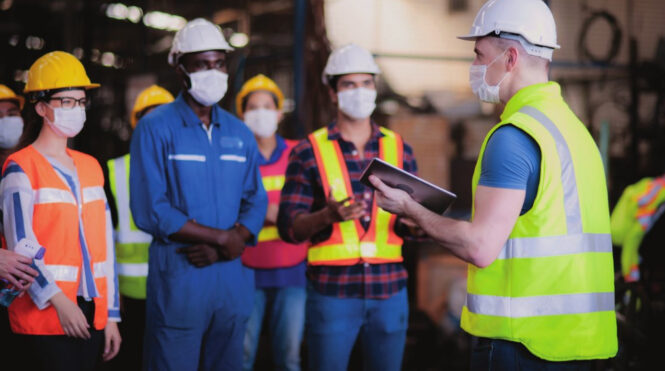
Safety is paramount in the construction industry, and construction workers should receive comprehensive safety training to ensure their well-being on the job site. This training should cover a range of crucial topics, including hazard identification and mitigation, personal protective equipment (PPE) usage, safe work practices, and emergency protocols. Workers should be educated on the potential risks and hazards associated with their specific tasks and how to minimize them.
They should also learn about the proper operation of equipment, the importance of regular equipment inspections, and the safe handling and storage of materials. By equipping construction workers with the necessary safety knowledge and skills, accidents, injuries, and even fatalities can be significantly reduced, promoting a safer working environment for all.
Construction Methods and Techniques
Construction workers should receive training on various construction methods and techniques to enhance their efficiency and productivity on the job site. This training should encompass a wide range of topics, such as reading and interpreting blueprints and construction plans, understanding different building materials and their applications, mastering proper measurement and leveling techniques, and learning efficient construction sequences.
Additionally, workers should be educated on the safe and effective use of tools and equipment specific to their tasks. For instance, excavation competent person training identifies and evaluates the hazards associated with all trenching and excavation operations. By equipping construction workers with a solid foundation of construction methods and techniques, they can work more effectively, contribute to higher-quality projects, and adapt to different construction scenarios with confidence.
Building Codes and Regulations
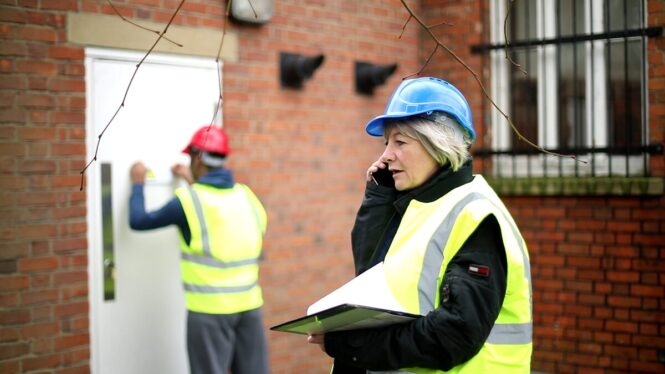
Familiarity with local building codes and regulations is crucial for construction workers to ensure compliance and the successful completion of projects. Training in this area should cover a comprehensive understanding of the relevant building codes and regulations, including zoning requirements, structural standards, fire safety measures, electrical and plumbing codes, accessibility guidelines, and environmental considerations.
Construction workers should learn how to interpret and apply these codes to their work, ensuring that construction projects meet the necessary legal and safety standards. By receiving training on building codes and regulations, workers can avoid costly mistakes, prevent delays due to non-compliance, and contribute to the overall integrity and safety of the structures they build.
Material Handling and Equipment Operation
Material Handling and Equipment Operation: Proper training in material handling and equipment operation is essential for construction workers to ensure their safety and the efficient execution of tasks. Training in this area should cover techniques for lifting, carrying, and moving materials safely to prevent strains, sprains, and other injuries.
Additionally, workers should receive instruction on the correct operation of construction equipment, such as forklifts, cranes, and excavators, including safety protocols, maintenance procedures, and load capacities. By mastering material handling techniques and equipment operation, construction workers can minimize the risk of accidents, protect their health, and contribute to a smooth workflow on the job site.
Communication and Teamwork
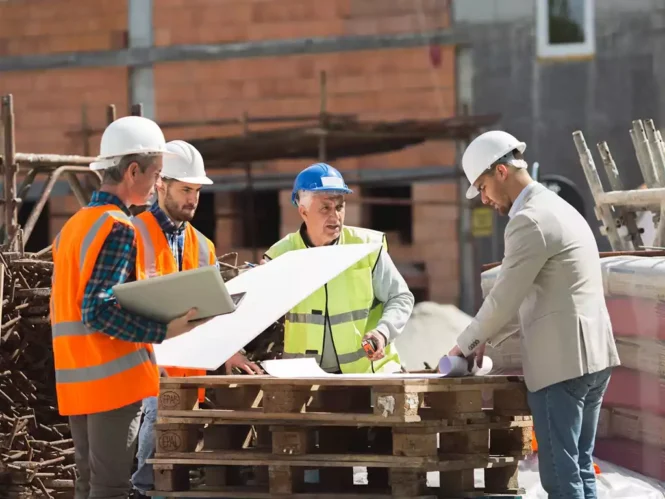
Communication and Teamwork: Effective communication and teamwork are vital in the construction industry to ensure smooth project execution and successful collaboration among workers. Training in this area should focus on developing strong communication skills, including active listening, clear verbal and written communication, and the ability to convey instructions and information accurately.
Workers should also learn how to collaborate effectively with team members, understand their roles and responsibilities, resolve conflicts constructively, and coordinate tasks efficiently. By enhancing communication and teamwork skills, construction workers can foster a positive work environment, improve productivity, and mitigate potential misunderstandings or errors that could impact project outcomes.
Environmental Considerations
In today’s construction industry, awareness of and adherence to environmental considerations are essential. Training should cover topics such as sustainable construction practices, waste management, pollution prevention, and compliance with environmental regulations. Workers should be educated on the importance of reducing energy consumption, using environmentally friendly materials, and implementing proper recycling and waste disposal methods.
Additionally, they should learn about protecting natural resources, managing erosion and sediment control, and minimizing the ecological impact of construction activities. By integrating environmental considerations into their work, construction workers can contribute to sustainable development, minimize environmental harm, and meet the growing demand for eco-friendly construction practices.
First Aid and Emergency Response
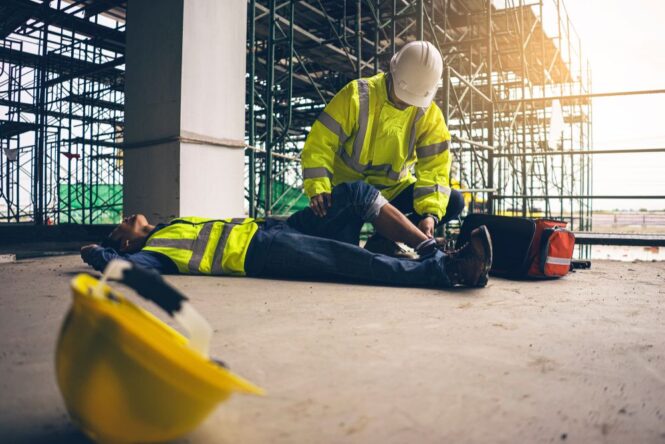
Construction workers should receive training in first aid and emergency response procedures to ensure prompt and appropriate action in case of injuries or accidents. Training should cover basic first aid techniques, such as wound care, CPR, and handling medical emergencies. Workers should also learn how to recognize and respond to common construction sites hazards, such as falls, electrical accidents, and chemical exposures.
Additionally, they should be familiar with emergency evacuation plans, fire safety protocols, and the proper use of firefighting equipment. By equipping construction workers with first aid and emergency response skills, potential injuries can be addressed swiftly, potentially saving lives and reducing the severity of accidents on the job site.
Professional Development
Professional Development: Continuous professional development is vital for construction workers to stay updated with industry advancements and enhance their skills. Training programs should emphasize the importance of ongoing learning and offer opportunities for professional growth. This may include attending workshops, seminars, or industry conferences to gain knowledge about new construction techniques, emerging technologies, and best practices.
Workers should also be encouraged to obtain relevant certifications and licenses to expand their expertise in specialized areas of construction. By investing in professional development, construction workers can stay competitive, improve their job prospects, and contribute to the overall advancement of the construction industry.
Comprehensive training for construction workers is essential to ensure their safety, productivity, and adherence to industry standards. The training should encompass a wide range of critical areas, from safety protocols to construction methods, building codes, communication skills, environmental considerations, and emergency response. By equipping construction workers with the necessary knowledge and skills, we can promote a culture of excellence, minimize accidents, and foster a sustainable and efficient construction industry that meets the evolving needs of society.
 Imagup General Magazine 2024
Imagup General Magazine 2024

